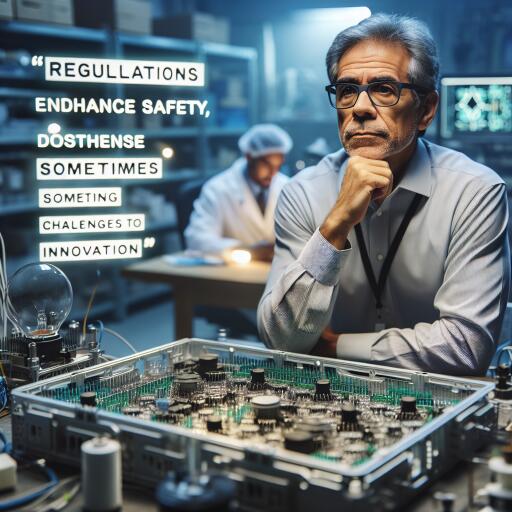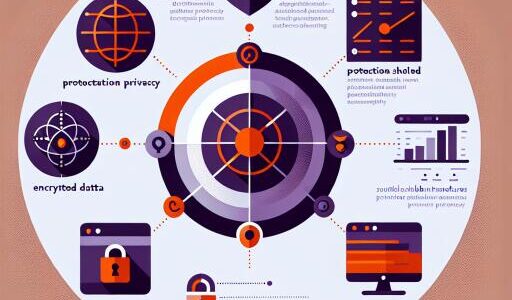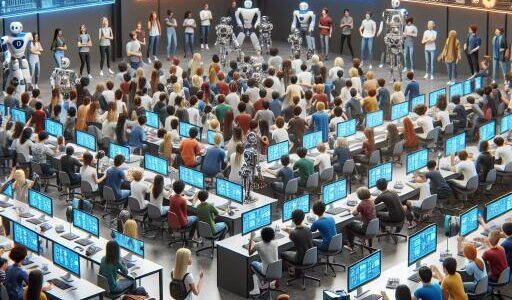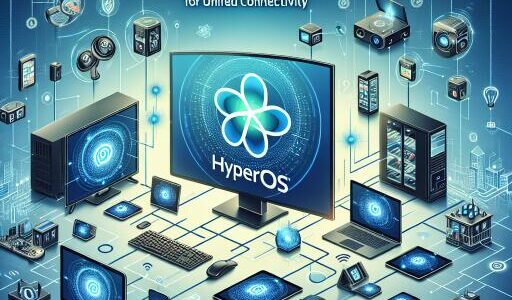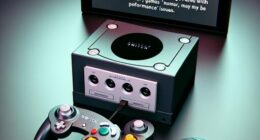Technologist David Cuartielles: ‘Regulations Enhance Safety, Despite Sometimes Posing Challenges to Innovation’
At the forefront of the 2024 Mobile World Congress in Barcelona, David Cuartielles presented a striking contrast to the sea of tailored suits and corporate personas that usually populate the event. The co-founder of Arduino, an Italian company known for pioneering open-source hardware and software, Cuartielles carries the essence of both an educator and an innovator. With his distinctive beard and approachable demeanor, he brings the spirit of academia and grassroots technology development to the international stage.
Reflecting on Arduino’s journey, Cuartielles shares, “Our inception was rooted in academia, focusing on assisting university students. However, the simplicity and adaptability of our technology soon made it a favorite among younger learners. Our mission evolved to merge the realms of research and industry, fostering a dialogue that transcends traditional engineering, reaching into design and art, and beyond.”
The question of whether Arduino could diverge from its educational origins is met with a candid response. “It’s a balancing act,” admits Cuartielles. “Running a company requires making difficult choices, especially when supporting a team that relies on you. Our commitment, though, remains unwavering. We will continue to nurture the growth of both our team and the broader community we serve.”
A steadfast advocate for open-source technology, Cuartielles critics the prevalent mentality of proprietary, closed technology ecosystems. “The norm has been to lock customers into a specific ecosystem. We challenge this model by offering customizable boards, demonstrating that openness can not only coexist with innovation but drive it forward,” he elaborates.
Despite the apparent disconnect with mainstream industry perspectives, Arduino has garnered significant investment, affirming the viability and potential of its approach. “We celebrate a different perspective here, one that values open collaboration and innovation,” Cuartielles states, highlighting the growing acceptance among certain sectors of the industry.
The success of Arduino has also created a unique phenomenon: a generation of engineers and creators who have grown up with Arduino at the core of their learning and development. “It’s incredible to witness,” Cuartielles notes. “Our vision has always been to empower learning beyond conventional software tools. To see that come to fruition, with young people teaching and learning with Arduino, is immensely gratifying.”
Addressing the widespread anticipation for advancements in the Internet of Things (IoT), Cuartielles balances optimism with caution. “The potential for IoT to enhance lives is significant, but it must be coupled with a critical understanding of technology application and privacy concerns,” he explains. Here, he underscores the importance of regulations, suggesting that they play a vital role in safeguarding privacy and safety while still allowing for innovation. “Regulations can be complex, but they guide us towards making informed, ethical decisions in the rapidly evolving tech landscape,” he adds.
In a world where technology increasingly blurs the lines between privacy, innovation, and regulation, Cuartielles stands as a beacon of balanced, thoughtful progress. “Innovation must be smart,” he concludes. “It’s about enhancing lives without compromising the values we hold dear. And in this endeavor, Arduino remains committed to opening new pathways, guided by the principles of open-source technology and community collaboration.”
As Arduino continues to bridge the gap between education and industry, Cuartielles’s vision for a technology-driven future grounded in open-source principles and ethical innovation serves as a call to action for technologists, educators, and policymakers alike.

